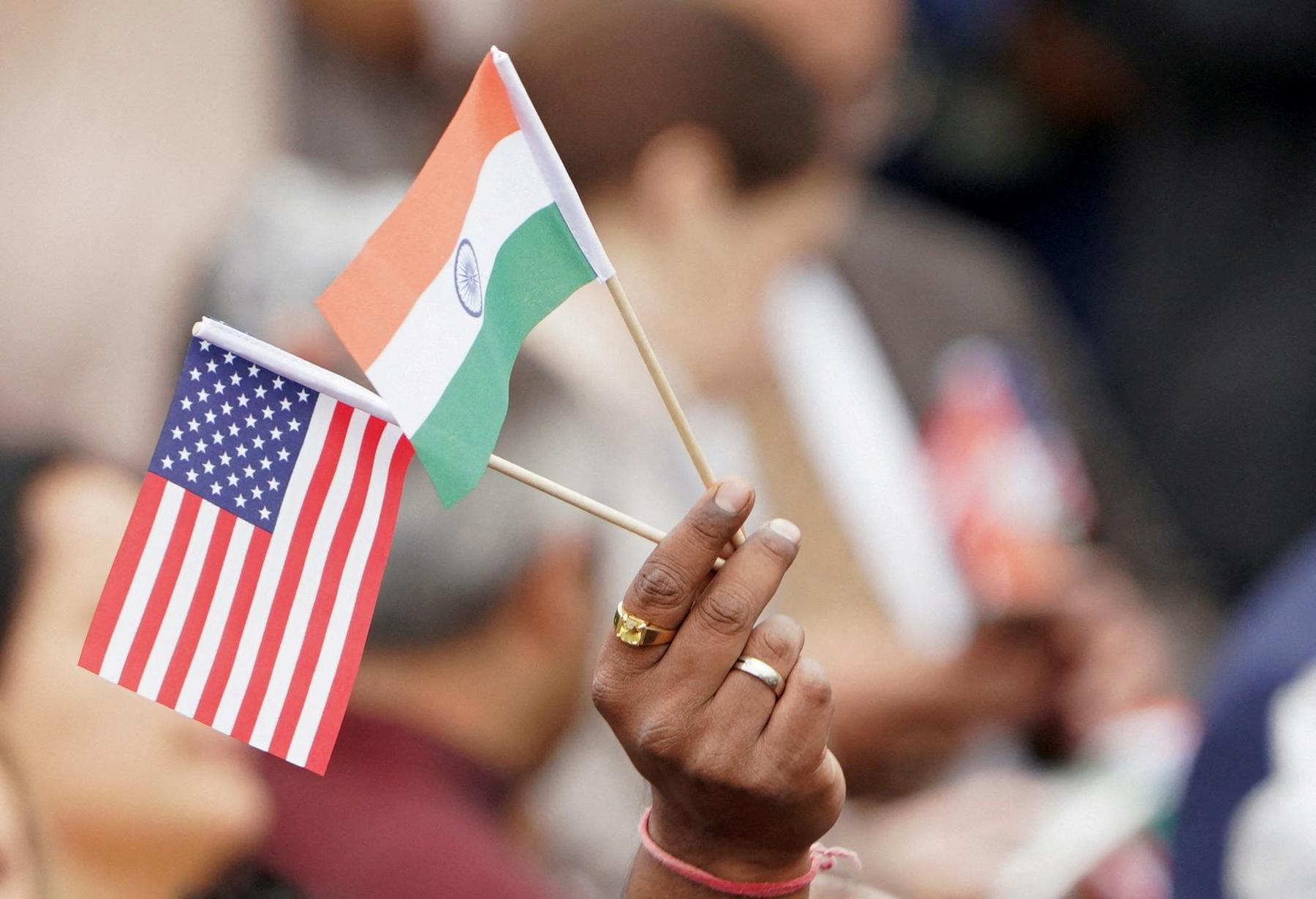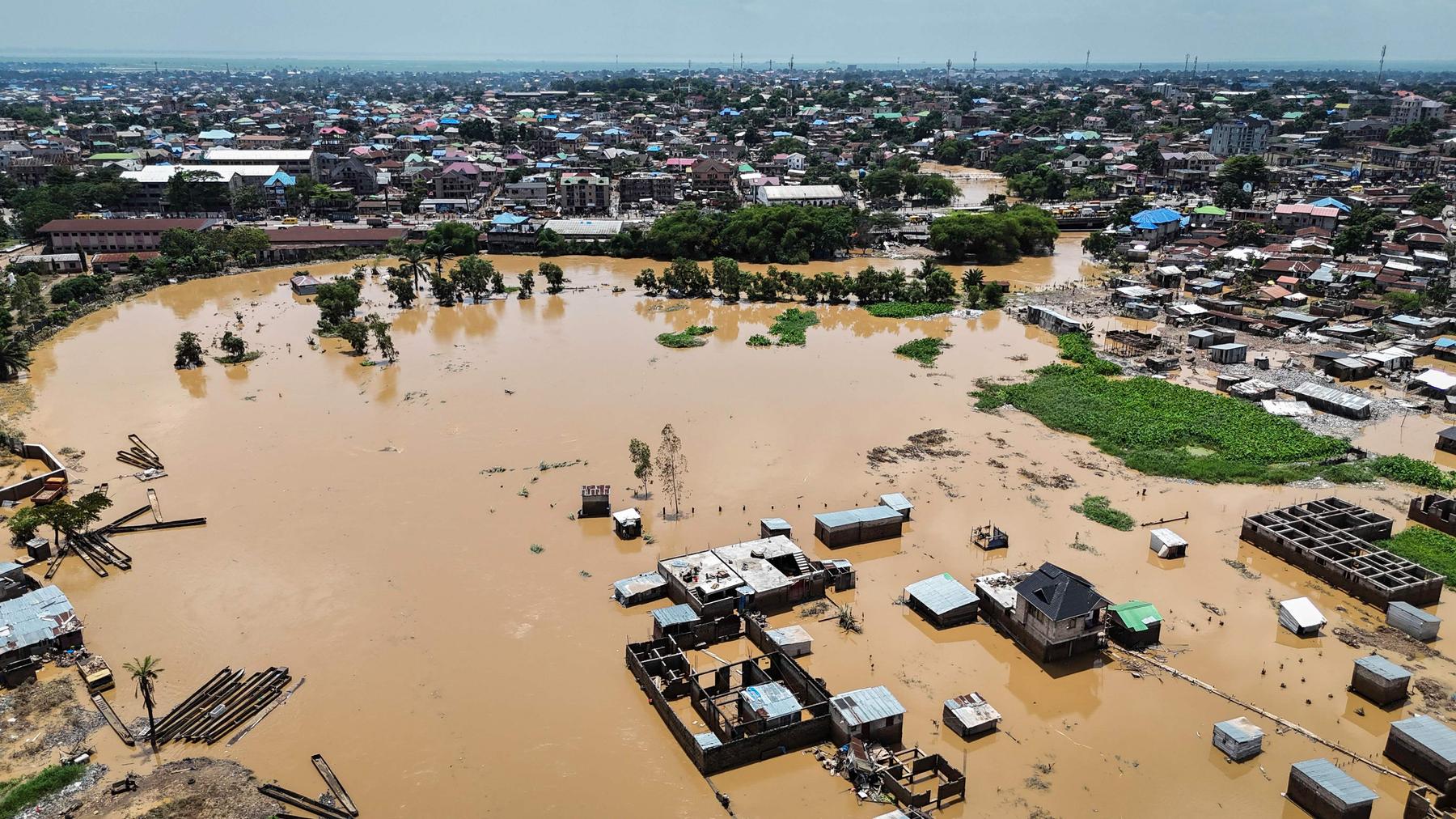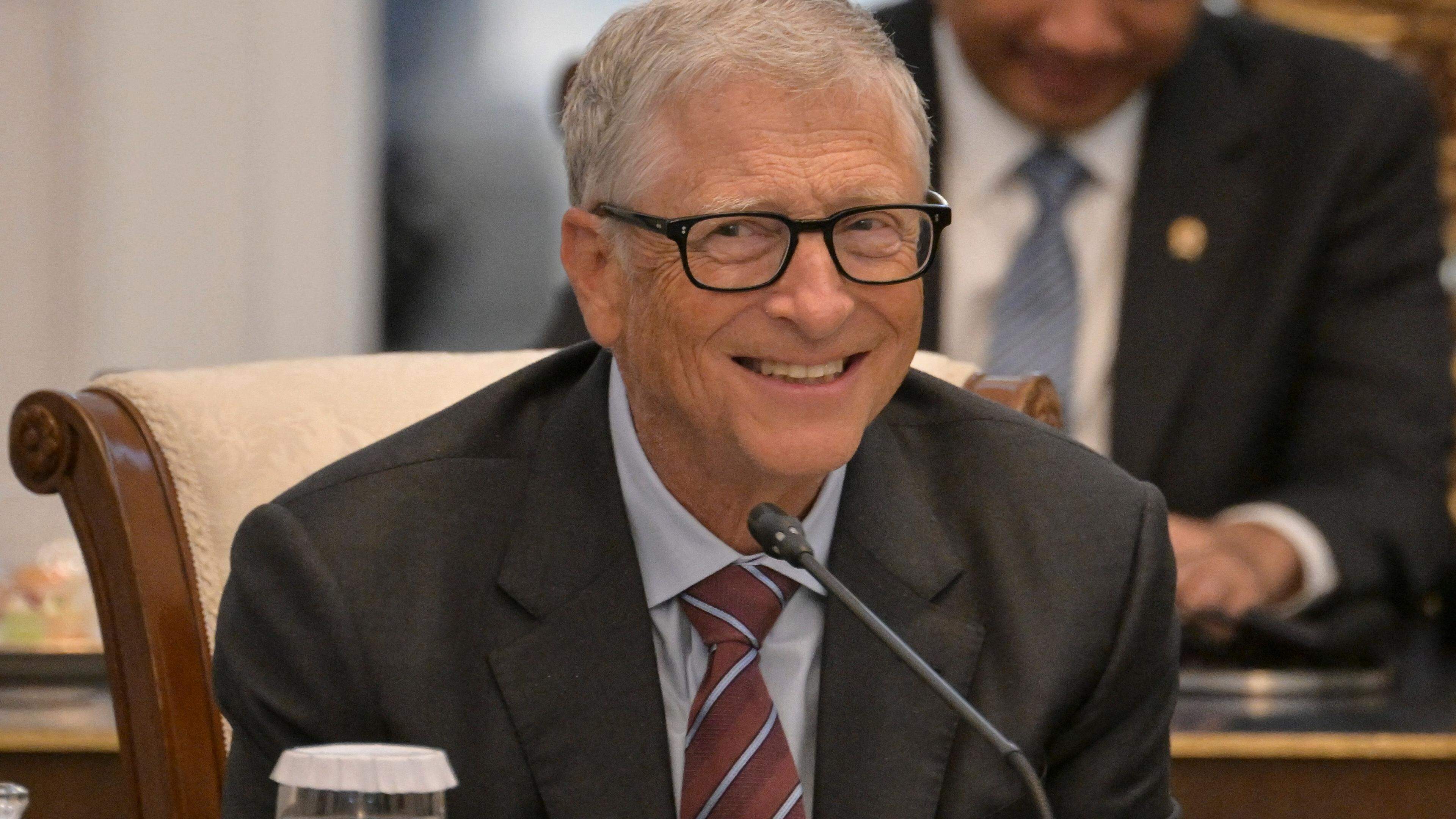Data serves as a weapon against democracy – Diepresse.com

USA and India. Authoritarian heads of state are often more dangerous in the second term than in the first. Control over data is important to you.
Anyone who has followed the tactics of the spread of fear and horror of the Indian prime minister Narendra Modi in the past ten years has felt the events in the United States since Donald Trump's return to the White House like a Déjà-VU. In India we learned on the hard tour that authoritarian heads of state in their second term are often far more dangerous than in their first. Because then you master the system. They have learned to subject institutions to their will and dismantle them if they no longer serve their interests. As a result, they are able to pursue their plans aggressively.
Disruption, but selectively
Modi's visit to Washington in mid -February underlines the similarities between him and Trump: Both are known for abrupt, unpredictable political change of course. Both are proud to ensure disruption – but selectively. While they are hollowing out institutions on the one hand, throwing established standards overboard and democratic protective mechanisms weaken, protect and reward their preferred interest groups on the other. Even more important: Your government style is based on a policy of division and intolerance, which is based on consolidating your power and oligarchical capitalists – whose interests and assets are inseparable – to make almost all other realms. Both focus strongly on manipulating public perception and use mass media to spread their preferred narratives and suppress different opinions.
These tactics are part of the standard repertoire of emerging autocrats worldwide. As different as they may appear, today's authoritarian leaders observe each other – not to rule more effectively, but to consolidate their position of power.
A notice:
Guest comments and contributions from external authors do not have to correspond to the opinion of the editorial team.
The focus of these efforts is control of data, which fundamentally change the type of access to public information and its use. While people are increasingly forced worldwide to provide their personal data of authoritarian leaders and their colleagues – such as Elon Musk and his followers from the Department of Government Efficiency (Doge), they are denied access to information that would be necessary in order to fold these leaders into account.
Nowhere does that come to light as clearly as in India. Modi's government has systematically hollowed out the statistics authorities of the country, which have once been one of the most reliable in the world of developing countries, and used it as a weapon. First of all, the national statistics commission was politicized, which originally dealt with an independent expert committee responsible for reviewing and monitoring the collection of official data. Then the government targeted the central statistics office that raised the most economic data and destroyed its credibility. Under the pretext of a routine review, the government changed the methodology in such a way that the growth values were artificially inflated, which resulted in considerable doubts about the official economic data. Likewise, the government withdrew the collection of consumption expenditure for 2017 and 2018 – an important instrument for assessing prosperity – presumably because it was determined in a decline in consumption and increasing poverty in rural India. When the survey of budget expenses for 2022/2023, the government revised its methodology again. Shortly before the 2024 parliamentary elections, she published a « factsheet » in which the poverty rate had dropped to five percent.
Counting postponed
The government's fear of reliable data is so great that you even refused to carry out the census that takes place every ten years in 2021. So far it is unclear when it will be carried out. Therefore, the latest official data on India's population, demography, employment and living conditions come from 2011.
Checks of one's own political measures and government programs are also suppressed or swept under the carpet if they reveal unfavorable results. An official review of the Ganges cleaning project was never published. During the Covid 19 pandemic, there were great doubts about the official mortality figures, since the government did not want to recognize independent estimates of the World Health Organization on the extensiveness. Even the national health survey on family health was not spared the National Collection on Family Health. After the poor nutritional status and inadequate sanitary facilities were denounced in a report, the IIPS director had to withdraw, supposedly because of another matter.
The Freedom of Information Act of 2005, a pioneering Transparency Act, was also hollowed out. Modi's government deliberately left key positions and only appointed politically compliant people. This ensures that most petitions remain unanswered.
The government's efforts to escape their accountability are largely crowned with success. However, because it gives priority to propaganda, it fails to recognize India's economic and social reality and is unable to make well -founded decisions.
By expanding the Aadhaar biometric identification system, which is now linked to bank accounts, tax returns, mobile phone numbers, travel dates and larger transactions, the Indians are also forced to reveal more personal data than ever before. This system has already shown devastating consequences when did not match fingerprints that millions of and no wage payments, food grants and other important state benefits received.
The role of tech corporations
But despite all the risks, India still has no framework for data protection. Data protection violations are the order of the day. In view of the fact that Big-Tech companies that already have huge amounts of personal data have allied with the government, the consequences could be catastrophic.
Of course, the United States will not take the same political path as India. Your institutions, especially the judiciary, may offer certain protection, as long as they remain steadfast and do not bend like their Indian counterparts. However, in view of the increasing authoritarianism, it is important to recognize and counteract efforts to use state data against democracy.
Translation: Helga Klinger-Groier
Copyright: Project Syndicate
Emails to: Debatte@Diepresse.obstaclecom
The author
Jayati Ghosh (*1955) is an Indian economist, professor of economics at the University of Massachusetts in Amherst and member of the Transformational Economics Commission of the Club of Rome.







